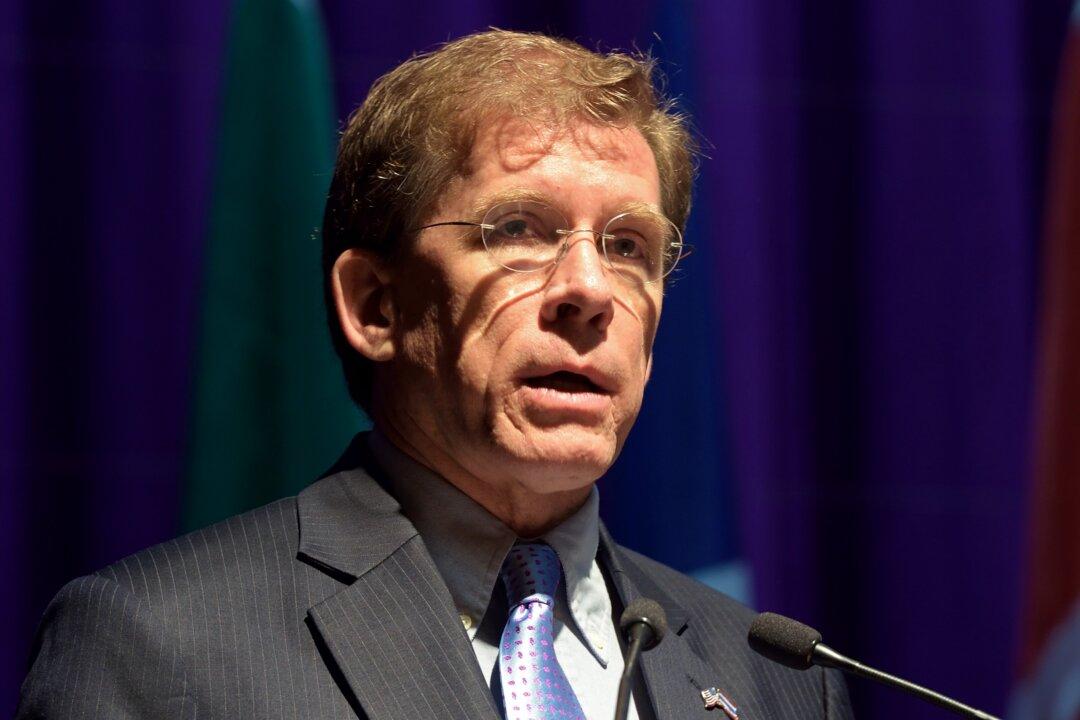SYDNEY—Pacific Island countries that have diplomatic ties with Taiwan should maintain them in the face of “heavy handed” attempts by China to reduce Taiwan’s overseas contacts, a top U.S. official said on May 24.
U.S. Acting Assistant Secretary for Southeast Asia W. Patrick Murphy also said the United States was keen to help Pacific countries protect their sovereignty, in a region where the United States and is allies are competing for influence with China.





